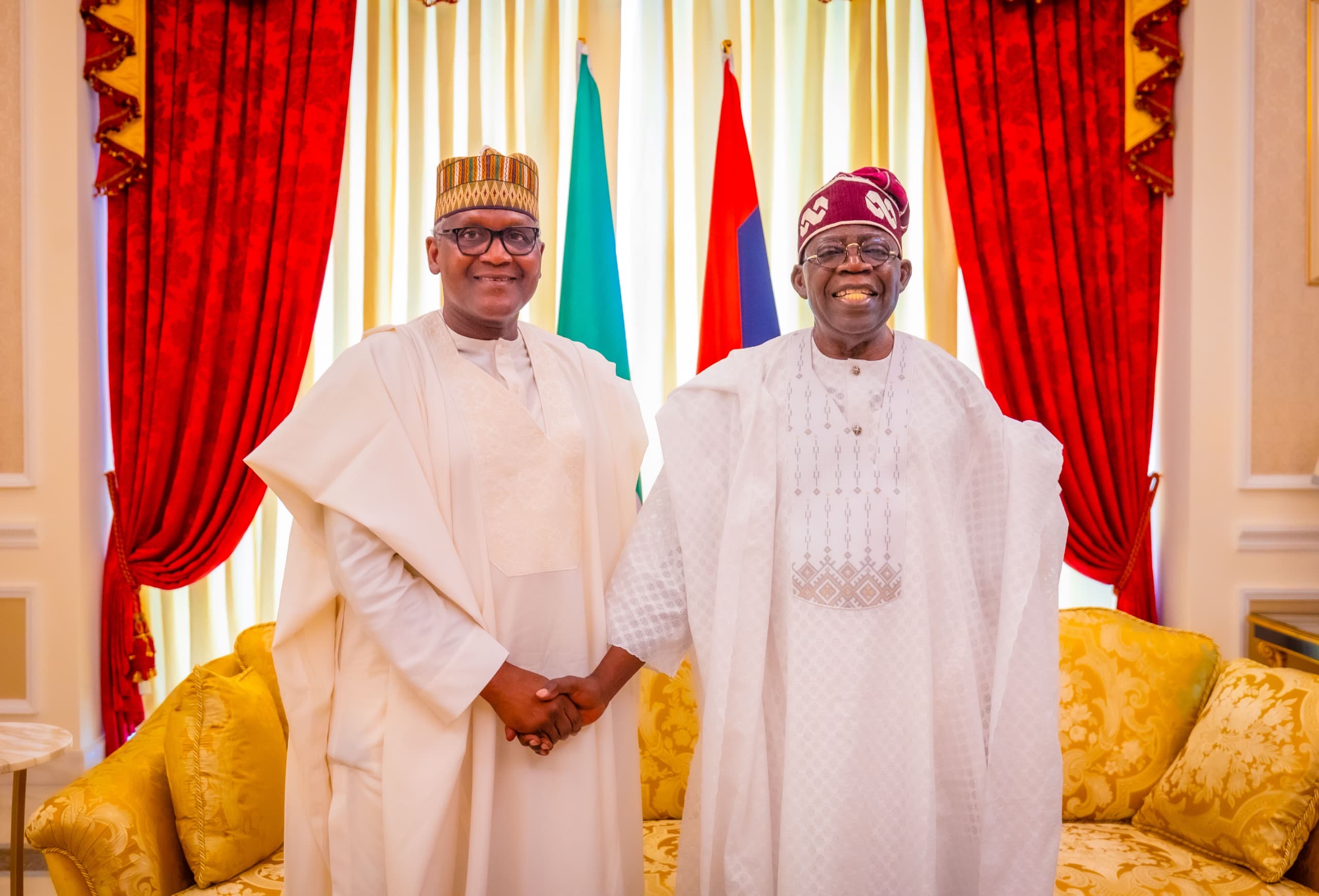Africa’s richest man and President of the Dangote Group, Aliko Dangote, has declared Nigeria’s three major government-owned refineries as effectively dead, stating they may never work again, despite over $18 billion reportedly spent on repairs. Speaking during a visit by participants of the Global CEO Africa program of the Lagos Business School to the Dangote Refinery in Lekki, he shared a rare but blunt assessment of Nigeria’s long-standing refinery problems.
Dangote recalled how, in January 2007, his company had bought Nigeria’s refineries under the administration of President Olusegun Obasanjo. At the time, the facilities in Warri, Port Harcourt, and Kaduna were operating at just 22 percent capacity. However, with the change in government following the election of President Umaru Musa Yar’Adua, the sale was reversed. According to him, the then GMD of NNPC had convinced the new president that the government could fix the refineries.
YOU CAN ALSO READ: “They May Never Work Again” – Aliko Dangote Declares Nigeria’s Refineries a Lost Cause Amid $18 Billion Drain
Dangote said, “We bought the refineries, but we had to return them because there was a change of government. The managing director at that time convinced President Yar’Adua that the refineries would work. Today, over $18 billion has been spent on those refineries, and they’re still not working.”
He described any attempt to revive the aging facilities as futile, likening the process to upgrading a machine from a bygone era. “Trying to modernise those refineries is like trying to modernise a car built 40 years ago. Even if you change the engine, the body won’t take the shock of new technology,” he explained. Dangote concluded with a stinging remark, “I doubt very much if they will ever work.”
This position echoes previous warnings made by former President Olusegun Obasanjo, who had publicly criticized NNPC Limited for allowing the refineries to collapse, despite massive investments. “NNPC said they could do it. I told Yar’Adua they couldn’t. I warned that these refineries will not work, and when you want to sell them, they won’t even fetch $200 million as scrap,” Obasanjo stated. According to him, international oil companies like Shell had declined to acquire the refineries under his administration, declaring them economically unviable.
Despite these concerns, the Nigerian government has continued to pour resources into the facilities. In 2021 alone, it allocated $1.4 billion for the rehabilitation of the Port Harcourt Refinery, $897 million for Warri, and $586 million for Kaduna. Between 2013 and 2017, over $396 million was spent on turnaround maintenance, with an additional N100 billion injected in 2021, averaging N8.33 billion monthly. Yet, none of the refineries have returned to full operational capacity, leading to public backlash and mounting pressure from industry stakeholders. The Manufacturers Association of Nigeria, among others, has called on the government to sell the refineries off as scrap, and instead support private modular refinery initiatives.
YOU CAN ALSO READ: Nvidia Makes History, Becomes First Company To Exceed $4 Trillion Market Cap, Overtakes Apple, Microsoft
In contrast, the Dangote Refinery in Lekki represents a different vision entirely. With a capacity of 650,000 barrels per day, it stands as the world’s largest single-train refinery, and is projected to meet all of Nigeria’s fuel needs while also serving export markets. Former President Obasanjo praised the project during his visit, saying, “If anybody tells you now that those refineries are working, ask them why are they now with Aliko? Aliko will make his refinery work. Not only that, he will make it deliver.”
As of this report, NNPC Limited has not issued any official response to Dangote’s claims. Its Group CEO, Bashir Bayo Ojulari, recently noted at the OPEC Seminar in Vienna that Nigeria has increased oil production to 1.63 million barrels per day, and is aiming for 1.9 million by 2025. Still, the figures do little to reassure a nation still struggling with fuel imports and the legacy of failed refinery projects.










